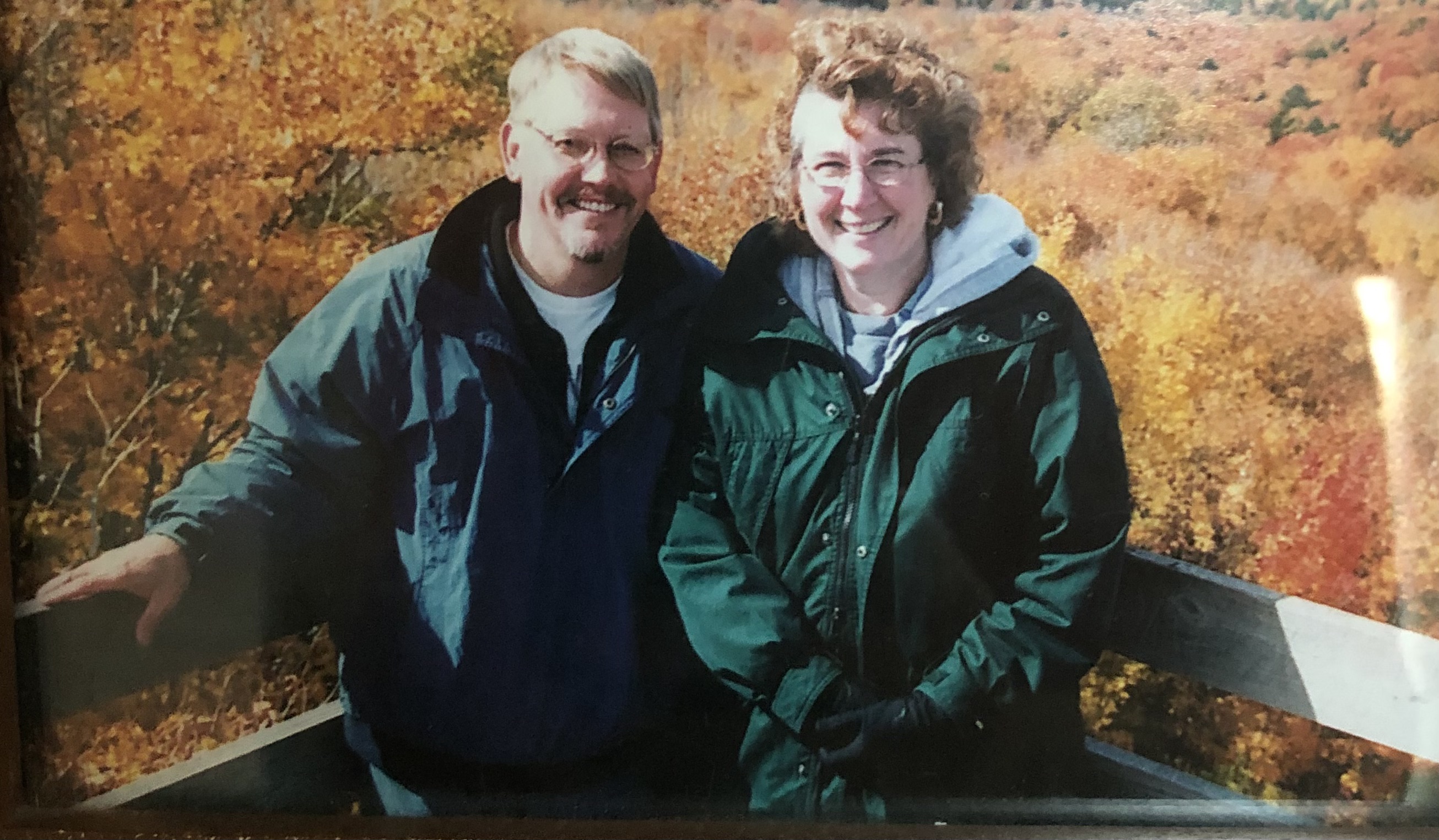When someone you love is diagnosed with younger-onset dementia (before the age of 65), the situation can quickly become overwhelming for everyone involved, as you are suddenly faced with an endless list of impossible decisions. Attending a general dementia caregiver support group with your loved ones may seem helpful for you in theory, but you may notice that everyone else in the room is a caregiver for someone in their 80s, while you are caring for someone in their 50s or 60s. These caregiving struggles will overlap in some ways, but your search for appropriate care and support resources for someone younger than 65 will likely look very different, and you may find that you need support from people who understand.
If you reside in the metro Detroit area, the Alzheimer’s Association Michigan Chapter offers a younger-onset dementia caregiver support group that meets in person at Birmingham NEXT, 2121 Midvale St. in Birmingham. The group meets in person 5:30-7 p.m. on the second and fourth Thursdays of the month from March through June and September through December. If you live outside the area, Zoom meetings are held on the first Thursday of each month, also from 5:30-7 p.m.
Cindy Beller was primary caregiver for her husband

until his passing at age 60 following a 10-year-long battle with Lewy Body dementia and has served as co-facilitator of this support group for the past 12 years. From navigating her husband’s condition with her own family to watching so many others navigate the difficult transition from spouse, parent or child to caregiver, she understands what an uphill battle this diagnosis truly is.
“What I stress to people is that when you come into a meeting, you are going to hear hard things, because this journey is going to probably, hopefully, be the hardest thing you ever do in your life,” Beller said. “When you're in a support group and the person you’re caring for is in the early stage, and you're hearing stories from people whose loved ones are in the late stage, you can’t help but jump to the worst-case scenario. But it’s important to remember that everybody's different. Just because one person wanders doesn't mean your partner will, just because one person has become incontinent doesn't mean the person you’re caring for will.”
Beller’s advice for coping with this fear of the unknown is to make a plan. “Tell yourself that if the loved one you’re caring for does become incontinent, you will say ‘that's my line, I’m not going to be able to handle that, and I'll have to place them in a care facility.’ And then as much as you can, forget about it. Don't dwell on it. Take every day as it comes.”
Bob Trost facilitates the support group alongside
.jpg)
Beller and also shares a personal connection to younger-onset dementia. Trost’s mother, Vickie, was diagnosed at age 56 and passed away only two years later. After 12 years – 2 as an attendee and 10 as a facilitator – he credits the support group with helping him carry on through the hardest thing he and his family have ever been through.
“Any situation that I had in my life personally when I was going through this, when I brought it to the group, immediately someone would say, ‘we’ve had that same problem,” said Trost. “For example, ‘we put paper over the mirrors so the person didn't think people were looking at them,’ or ‘we put a rug in front of her bed so she felt comfortable,’ because all the things that my mother had problems doing, somebody in that group had gone through that situation. I learned something almost every month in the group. Every situation I had, there was an answer for the other side of it.”
As Trost and Beller are both well aware, there are far fewer resources available for those with younger-onset dementia compared to those diagnosed who are 65+. Navigating Medicare and disability options is frequently tricky and options for care, treatment, support, etc. are very slim. But, they noted everyone in attendance will understand what you are going through and are there both to share and to listen.
“We provide a safe space where you can cry, you can cuss, you can laugh, whatever you're feeling, it's fine. No one's going to judge you,” Trost said.
Beller’s sentiments after her own caregiving journey came to an end were shared by so many in the support group over the years: “I wish I had asked for more help, and I wish I had asked for it sooner.”
In addition to support groups, the Alzheimer’s Association offers a wealth of programming, including care consultation and educational programs. Find out if a younger-onset dementia caregiver support group is right for you by reaching out to Beller at 586.453.1909 or contacting our 24/7 Helpline at 800.272.3900. Visit our
Support Group page to see all of our available support programs.